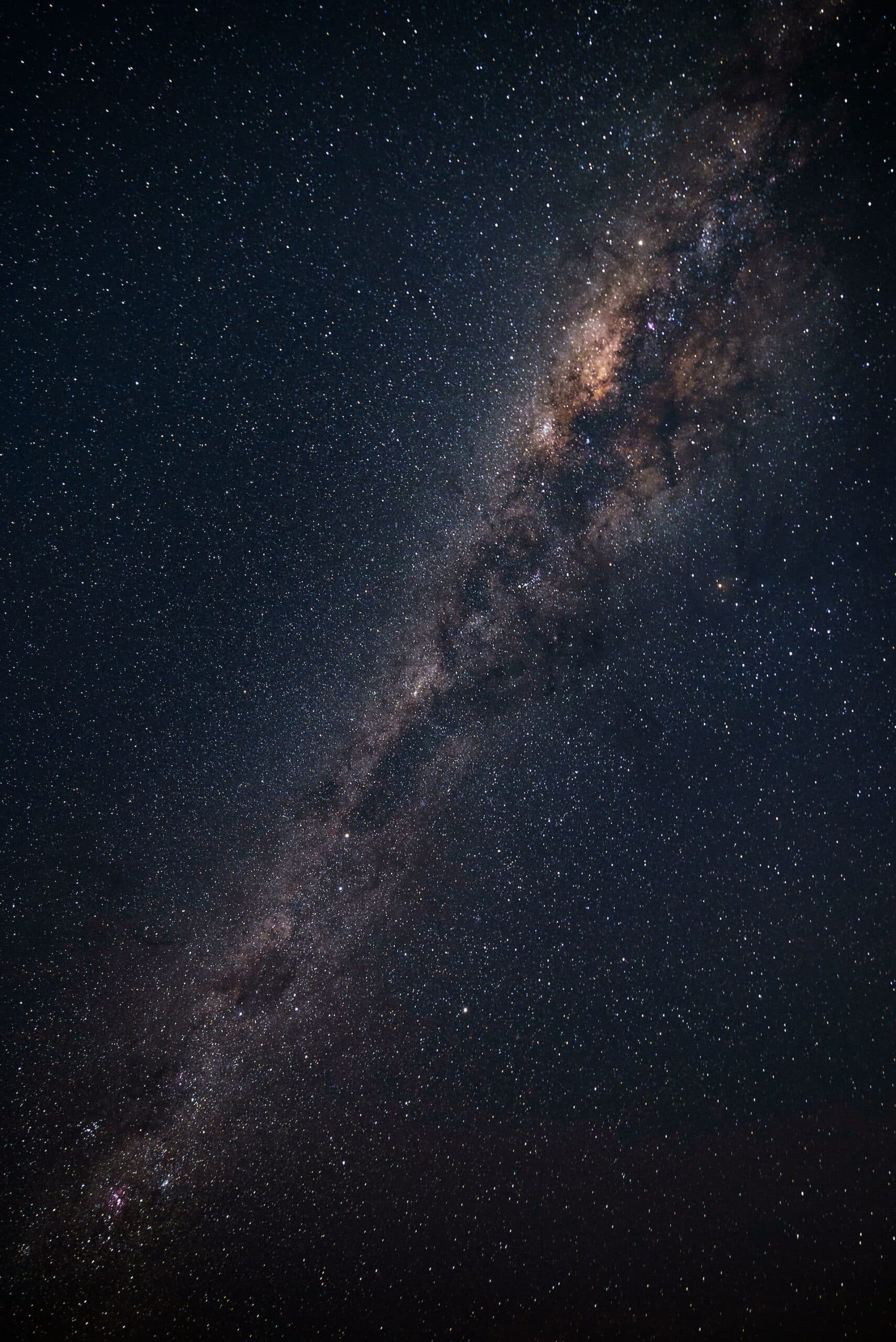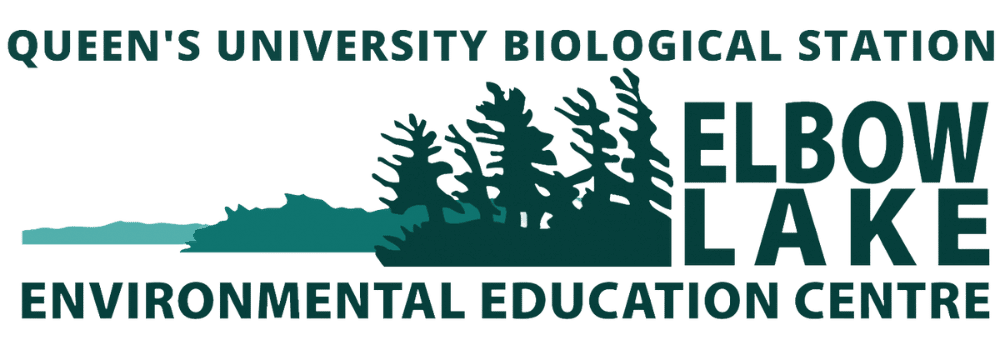
Indigenous Ways of Knowing and Being with the Natural World
Grades 7-10
This learning Bundle is designed to be taught as a primer in roughly one week to give students background information into what Indigenous knowledge is and how it relates to the natural world. Students from grades 7-10 will engage in these learning activities, so there is an expectation that teachers will modify the activities to suit their student’s learner profiles.
There are additional activities related to Indigenous ways of knowing and being available on the website and at the end of this PDF that help to communicate the Big Ideas below. These activities can be taught to reinforce the understandings touched on below when these concepts are introduced in other Learning Bundles. These additional activities can also be taught on their own. Additional activities are not included in the Indigenous Knowledge bundle simply to ensure that the Indigenous Knowledge Bundle can be taught in a timely manner as a primer.
Big Ideas:
- Indigenous Knowledge is contained in Language and Storytelling: Indigenous ways of knowing can be taught through polysynthetic Indigenous languages and storytelling ie: Creation stories, the Thanksgiving Address, 3 Sisters etc.; Responsibilities to land are inherent in language and storytelling.
- Indigenous Knowledge is Place-Based: Indigenous knowledge varies according to the land a group is situated on and the ways in which they interact with it.
- Reciprocity and Interdependence: Holism exists both in the self and in community and in ideas; Indigenous peoples enjoy a reciprocal relationship with the land that embeds them in a rich web of relationships with human and non-human entities; Interacting with the land both requires and can teach emotional well-being; With the right to harvest and live off of the land comes responsibilities.
- Drawing on both Indigenous Ways of Knowing and Being and Western Science will Help us to Address the World’s Problems: Indigenous science (Indigenous land-based knowledge) is both similar to and different from Western science and has legitimacy; For future generations, Indigenous land-based knowledge, in the face of environmental change, is crucial for human survival and well-being; Indigenous land-based knowledge and Western Science can be used together to seek shared solutions to global problems.
Big ideas were developed out of conversations with local Knowledge Keepers. Local Knowledge Keepers who contributed to the formation of these Big Ideas include:
We appreciate the wisdom and assistance of the late Joe Brown, a Kanyen’kehá:ka, Turtle Clan Knowledge Keeper from Tyendinaga Mohawk Territory who contributed to the creation of this QUILLS Learning Bundles and passed away on February 9th, 2022.
-
- Deb St. Amant is Métis from Penetanguishene and Ojibwe (Bear Clan) from Henvey Inlet First Nation currently residing in Trenton Ontario.
- Al Doxtator is Bear Clan, From On^yota’a:ka’ (Oneida) of the Thames First Nation. He is an Elder/Culture advisor at Queen’s University.
- Liv Rondeau is a Kanyen’kehá:ka (Akwesasne Mohawk Territory), Wolf Clan educator living and working in Katarokwi and the Vice Principal of Indigenous Education and Reconciliation Lead at the Limestone District School Board.
- Adrianne Lickers is a Kanyen’kehá:ka Knowledge Keeper from Six Nations of the Grand River.
- Tayohseron:tye, Nikki Auten is Kanyen’kehá:ka, Turtle Clan, from Kenhtéke Tyendinaga Mohawk Territory.
- Yakothehtón:ni Jennifer E. Brant is Kanyen’kehá:ka, Bear Clan, from Kenhtéke Tyendinaga Mohawk Territory, ON.
- Lindsay Brant is a Kanyen’kehá:ka Knowledge Keeper from Kenhtéke Tyendinaga Mohawk Territory.
- Joe Pitawanakwat is an Anishinaabe Knowledge Keeper from Wikwemikong Unceded Indian Territory on Manitoulin Island.
- Danka Brewer is an Anishinaabe Knowledge Keeper from Shabot Obaadjiwan First Nation.
- Candace Lloyd is a Métis Knowledge Keeper whose family is from Cross Lake Island, Saskatchewan and Sault St. Marie, Ontario currently residing in Napanee, Ontario.
Inquiry Questions and Activities:
Minds On Activity
Inquiry Question 1: How is Indigenous knowledge contained in language and storytelling?
- Activity 1: Ohen:ton Kariwatehkwen (The Words that Come Before All Else)
- Activity 2: Creation Stories and Language
Inquiry Question 2: What does it mean to say that Indigenous knowledge is place-based?
- Activity 3: Land-Based Meditation
- Activity 4: Land Acknowledgement Workshop
Inquiry Question 3: How do reciprocity, interdependence and holism inform Indigenous ways of knowing and being?
- Activity 5: Holism
- Activity 6: The Honorable Harvest
Inquiry Question 4: How can drawing on both Indigenous knowledge and Western Science help us to address complex global challenges such as climate change, invasive species, loss of biodiversity, and contaminants in the environment?
- Activity 7: Two-Eyed Seeing
- Activity 8: Drawing on Two-Eyed Seeing to Seek Solutions to Real World Issues
- Activity 9: Two-Row Wampum



